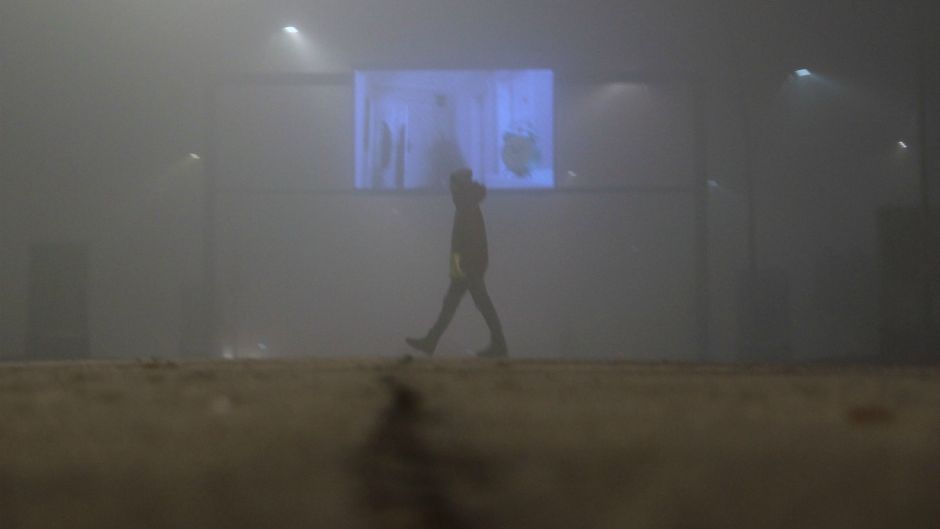EU proposal to slash carbon emissions to net zero by 2050 blocked by 4 countries

The European Union has failed to set a firm deadline to end its contribution to climate change after a group of central and eastern European countries blocked a proposal to slash EU carbon emissions to net zero by 2050.
Leaders of the bloc's 28 member states agreed instead on Thursday to start working on "a transition to a climate-neutral EU."
A majority of EU nations were hoping for a much more robust version of the plan. Earlier proposals envisioned a strict road map of how to reach net zero emissions, and a hard 2050 deadline. Such deal would have been notable for its sheer scale -- more than 500 million people living in the EU would have been affected by it.
However, the agreement's language was significantly watered down in the days leading up to today's summit, creating ambiguity around the deadline. While many nations supported a firm deadline for cutting emissions, a few outlying countries have been wary of its potential impact on jobs and industries.
By the end of the meeting, even the weaker version proved too strict for a group of nations led by Poland. Veto votes from Poland, the Czech Republic, Hungary and Estonia meant the proposed 2050 emissions target became a mere footnote, which specified that a "large majority of member states" should achieve climate neutrality by 2050.
Poland had been vocal about the potential economic consequences of a 2050 net zero target, campaigning for more support for countries that rely on fossil fuels industries.
A net zero target would have meant that almost all emissions have to be cut. Fossil fuels would need to be phased out, diesel and petrol cars replaced with electric vehicles, and meat consumption must be slashed.
Emissions that could not be completely eliminated would have needed to be offset, for example by planting more trees that take carbon dioxide out of the atmosphere.
To appease Poland and other resistant member states, the final compromise agreement said the plan must "preserve European competitiveness, be just and socially balanced, take account of Member States' national circumstances and respect their right to decide on their own energy mix."
Despite the weakened final accord, European officials noted that, overall, more member states are signing up for emission reduction goals.
Some, including Sweden and the UK have set their own independent net zero emission targets. And all EU member countries have signed the 2015 Paris Climate Agreement, which aims to keep global warming in check.
Europe's current goal is to cut emissions by at least 40% by 2030. Several countries, the European Parliament and the European Commission have been pushing for even tougher targets.
The UN Intergovernmental Panel on Climate Change warned last year that the world has just over a decade to slash emissions and avoid disastrous levels of global warming. It said global greenhouse gas emissions need to reach net zero around 2050.
Kakvo je tvoje mišljenje o ovome?
Učestvuj u diskusiji ili pročitaj komentare





 Srbija
Srbija
 Hrvatska
Hrvatska
 Slovenija
Slovenija



























































